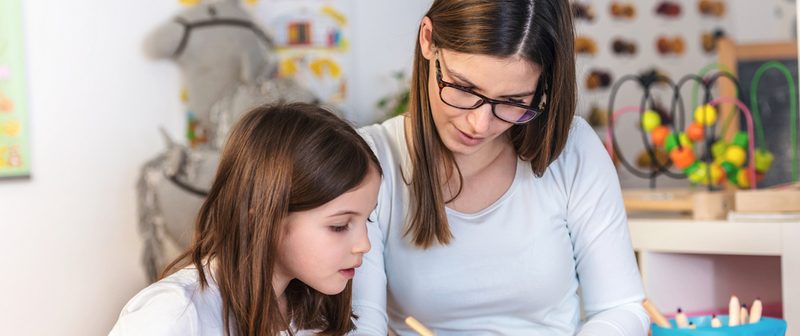Working as a childhood educator is enormously rewarding. Educators spend their time actively listening, teaching, creating, nurturing, and playing. But it is also a role that carries a large amount of responsibility. The role and function of the child care centre has changed, reflecting the evolution of society. With more parents in the workforce than ever before, the role formerly held by primary carers is now, for part of the time, in the hands of educators.
Our expectations of child care facilities are that they operate not as child minding services but as holistic places of learning. Society has acknowledged that these are formative years in child’s life. The social, emotional, and cognitive skills formed now become the learning skills, attitudes and behaviours that develop in later life. It is understandable that parents want the best for their children while they are in care.
Educated Educators
To deliver a high level of care to children, educators must be properly prepared. Early childhood educators are required to come to the job with the knowledge, skills and outlook that will equip them to guide young children with competence and sensitivity. There is a range of vocational pathways for childhood educators, as well as some personal attributes that really stand out. Let’s take a look at what is involved in becoming skilled to work with children.
Education
All educators must attend and complete training with an approved institution before working in childcare centre. The level of education and experience determines the degree of responsibility an educator will have in the centre.
For example, a director will hold a Diploma or Bachelor degree, as well as demonstrated experience in child care centres and proficiency with policy making and management.
Educators can work in an assistant capacity once they have completed a preliminary course such as Certificate 3 (at a minimum). They then have the option to work towards toward a Diploma and eventually a Bachelor qualification.
In addition to these basic requirements, centres will engage educators based on their personal qualities. A good educator has a range of roles to perform and should demonstrate confidence with the following:
Communication Skills
The ability to communicate openly with a strong sense of personal responsibility is a key quality. Educators need to be able to engage children as well as parents, co-workers, and the community.
Attentiveness
The ability to observe, relay information, and make connections between things allows educators to take initiative. Young children often lack the skills to ask for what they need and benefit from an attentive educator.
Professional Competence
Educators should demonstrate the ability to deliver learning programs effectively, especially in the school preparatory years.
Creativity
A strong relationship with art, stories, music, drama, games, and abstract thought is invaluable, as children often think very creatively at this stage.
Play
Educators that can relate to children in the way they think, feel, and express themselves can offer a lot to young children. The ability to play as children play is an asset.
Boundary Setting
Gentle but clear boundary setting will allow both you and your child to feel safe during their time in care.
ToBeMe Early Learning is proud to offer a team of dedicated and talented educators who are ready to serve at all stages of your child’s early learning. For more information about enrolment in one of our Early Childhood Centres.
Comments are closed.






